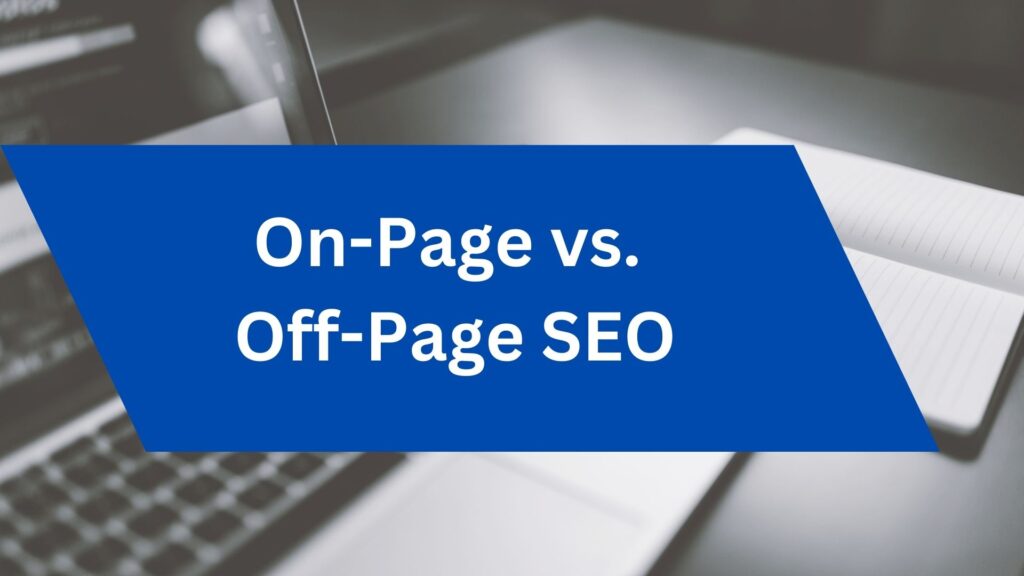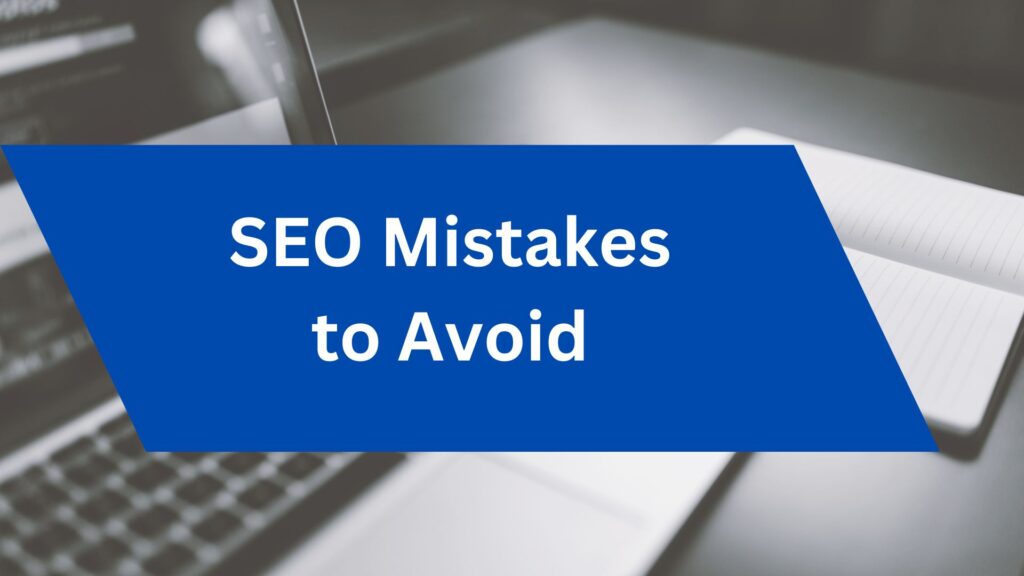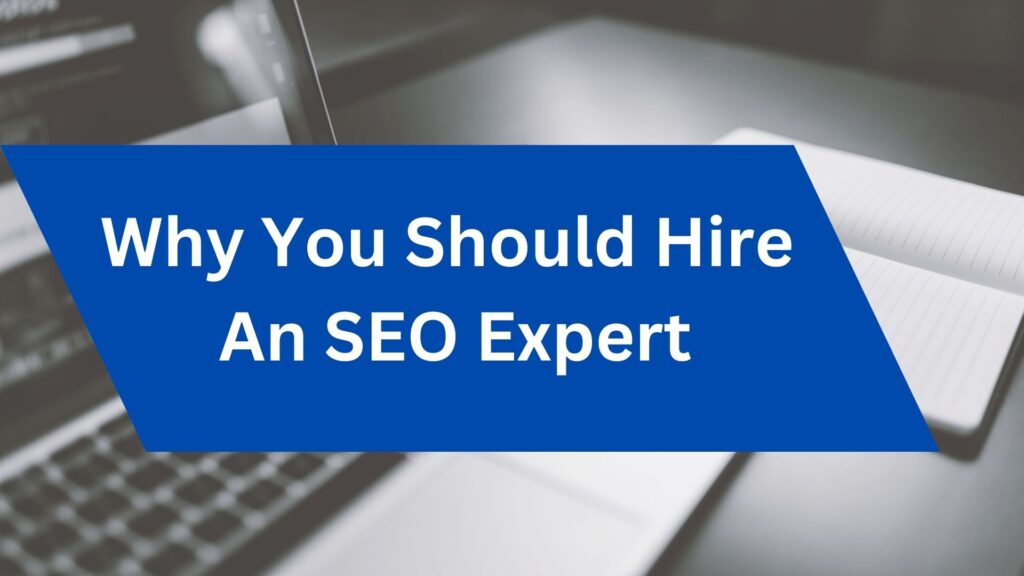On-Page vs Off-Page SEO: Understanding the Difference
In the realm of digital marketing, Search Engine Optimization (SEO) is a fundamental strategy for enhancing a website’s visibility and ranking on search engine results pages (SERPs). SEO encompasses a wide array of tactics, but it’s commonly divided into two main categories: On-Page SEO and Off-Page SEO. Understanding the difference between these two approaches is crucial for devising a comprehensive SEO strategy that can drive organic traffic and improve a website’s online presence.
What is On-Page SEO?
On-Page SEO refers to the optimization efforts that are directly implemented on a website to improve its search engine ranking. These optimizations primarily focus on enhancing various aspects of a webpage to make it more relevant and valuable to both users and search engines. Key elements of On-Page SEO include:
Quality Content Creation:
Content is the cornerstone of SEO. High-quality and engaging content not only attracts visitors but also encourages them to stay longer on the site, reducing bounce rates. Content optimization involves incorporating relevant keywords strategically, maintaining readability, and offering valuable information to the audience.
Title Tags and Meta Descriptions:
Title tags and meta descriptions are HTML elements that provide concise summaries of a webpage’s content. Optimizing these elements involves including targeted keywords and accurately describing the page’s content to entice users to click through from the search results.
URL Structure:
A clean and organized URL structure not only improves user experience but also helps search engines understand the relevance of a webpage. Incorporating relevant keywords into URLs and keeping them short, descriptive, and easy to read can positively impact search rankings.
Header Tags (H1, H2, H3, etc.):
Header tags are used to structure the content of a webpage and provide a hierarchy. Proper use of header tags not only makes content more readable for users but also helps search engines understand the context and relevance of different sections of the page.
Image Optimization:
Optimizing images by using descriptive filenames, alt tags, and captions can improve a webpage’s visibility in image search results and enhance overall SEO performance. Additionally, properly optimized images contribute to a better user experience by reducing page load times.
Internal Linking:
Internal linking involves linking relevant pages within the same website. It helps distribute page authority, establish site structure, and improve navigation for both users and search engine crawlers. Strategic internal linking can also help search engines discover and index new pages more efficiently.
What is Off-Page SEO?
Off-Page SEO, on the other hand, focuses on improving a website’s search engine ranking through external factors that are not directly controlled by the website itself. These factors are primarily related to building the website’s authority, credibility, and reputation across the internet. Key elements of Off-Page SEO include:
Backlink Building:
Backlinks are inbound links from other websites that direct traffic to your site. Search engines consider backlinks as votes of confidence or trustworthiness, and websites with a higher number of quality backlinks tend to rank higher in search results. Off-Page SEO efforts often involve strategies to acquire relevant and authoritative backlinks from reputable websites in the same industry or niche.
Social Media Engagement:
While social media interactions may not directly impact search engine rankings, they play a crucial role in Off-Page SEO by increasing brand visibility, driving traffic to the website, and amplifying content reach. Active participation in social media platforms and sharing valuable content can help attract a larger audience and potentially generate more backlinks.
Online Reputation Management:
Maintaining a positive online reputation is essential for Off-Page SEO. This involves managing online reviews, responding to customer feedback, and monitoring brand mentions across various online channels. A strong reputation not only enhances trust and credibility but also indirectly influences search engine rankings.
Influencer Marketing:
Collaborating with influencers and industry experts can amplify brand exposure, attract new audiences, and generate valuable backlinks. By leveraging the reach and authority of influencers, businesses can enhance their Off-Page SEO efforts and establish themselves as authoritative sources within their respective industries.
Guest Blogging:
Guest blogging allows businesses to publish content on external websites within their industry or niche. In addition to showcasing expertise and building relationships with other industry players, guest blogging provides opportunities to earn backlinks from authoritative sources, thereby boosting SEO.
Understanding the Relationship
While On-Page SEO and Off-Page SEO are distinct strategies, they are interconnected and mutually reinforce each other to improve a website’s overall search engine ranking and online visibility. Here’s how they complement each other:
Content Quality and Relevance: On-Page SEO lays the foundation for content quality and relevance, which are essential for attracting backlinks and engagement—key factors in Off-Page SEO.
Backlink Acquisition: Off-Page SEO efforts, such as backlink building and influencer outreach, rely on high-quality content optimized through On-Page SEO practices to attract natural links and endorsements from other websites.
User Experience: Both On-Page and Off-Page SEO aim to enhance the user experience by providing valuable content, easy navigation, and fast-loading webpages. Positive user experiences contribute to lower bounce rates, longer dwell times, and ultimately higher search rankings.
Brand Authority: On-Page SEO establishes a website’s authority through content optimization, while Off-Page SEO strengthens this authority through external validation, such as backlinks from reputable sources and positive brand mentions across the web.
Conclusion
In summary, On-Page SEO and Off-Page SEO are two sides of the same coin, each playing a vital role in improving a website’s search engine ranking and online visibility. While On-Page SEO focuses on optimizing the internal elements of a website, Off-Page SEO concentrates on external factors such as backlinks, social signals, and online reputation. By understanding the difference between these two approaches and incorporating them into a comprehensive SEO strategy businesses can effectively enhance their online presence, attract more organic traffic, and achieve sustainable growth in the digital landscape.
Excited to boost your online presence? Drop us a line for top-notch SEO support. Check out our SEO offers below!


